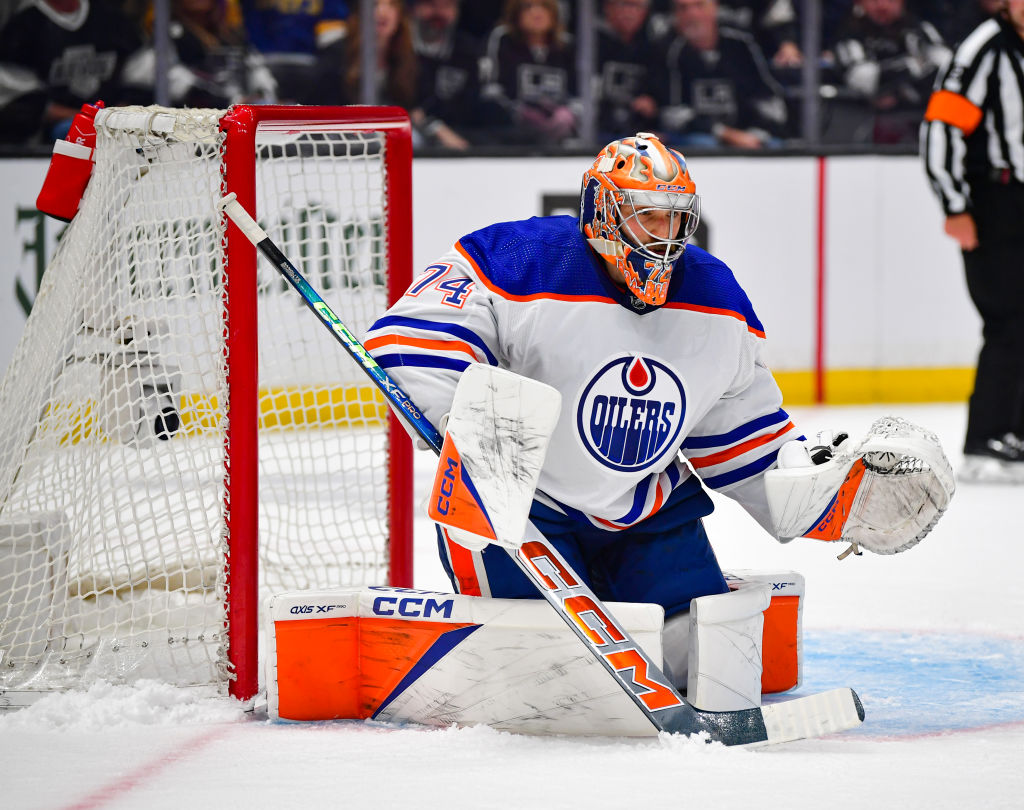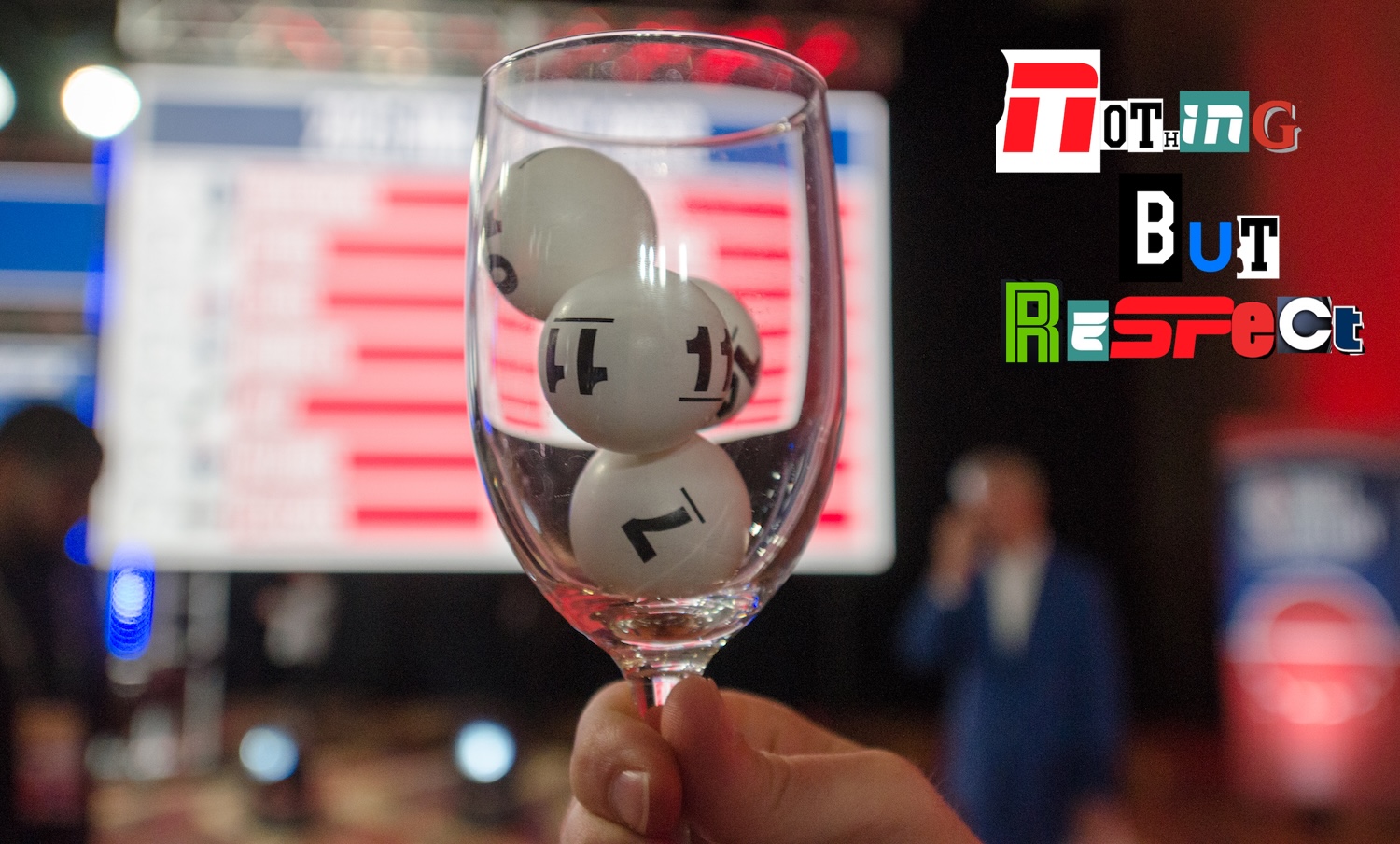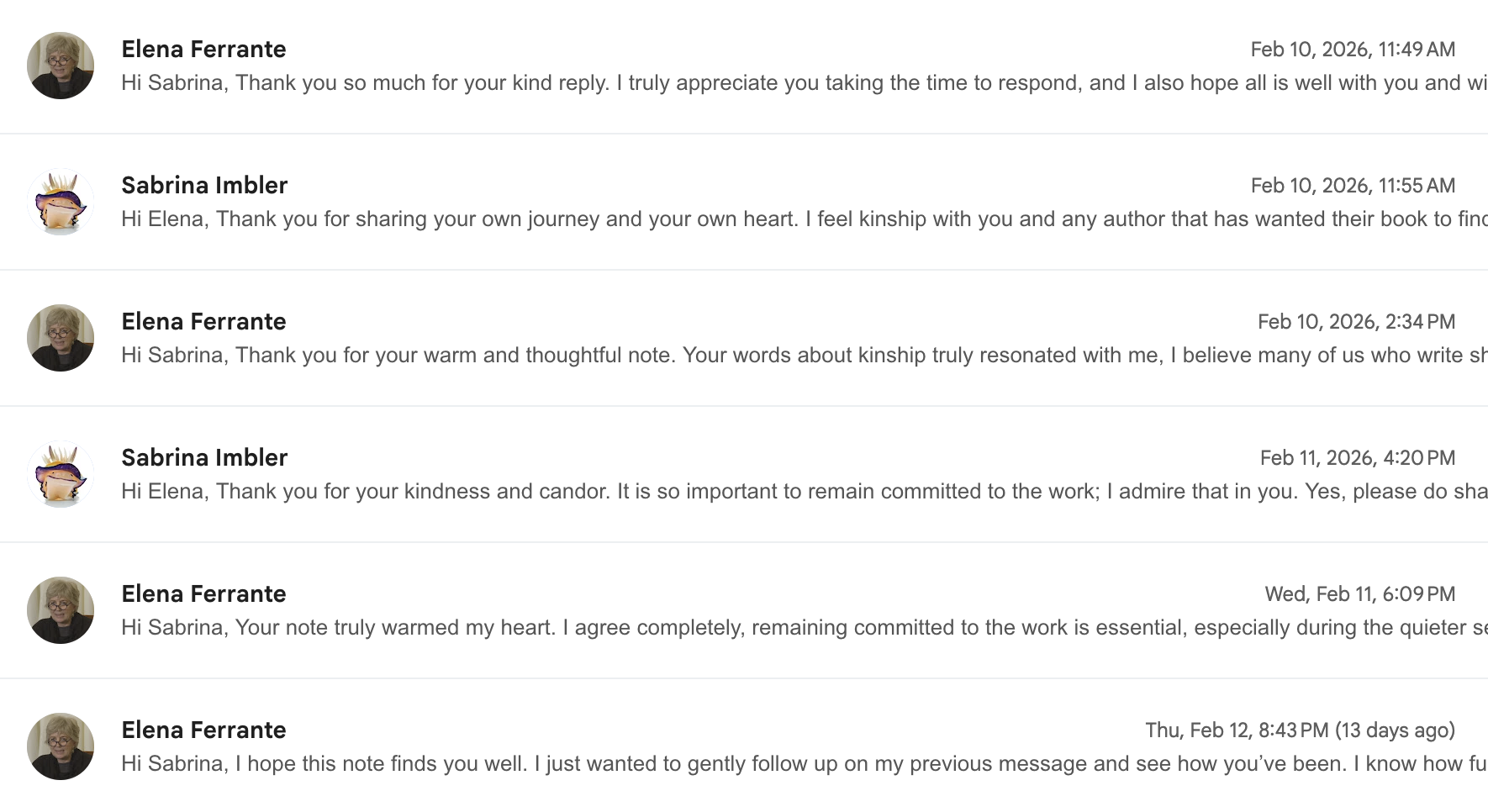Game 4 of the Oilers-Kings series was a blueprint for a Los Angeles victory. The Californians, who entered the playoffs lacking the offensive fuel of their opponents, won the shots-on-goal battle for the first time, and handily, 33-13. They committed only one penalty and allowed zero goals at even strength, after giving up three each in the previous trio of games. And their replacement goalie for the struggling Cam Talbot, "Big Save" David Rittich, stopped all but one of the shots he faced—a booming power play slapper from 18-goal defenseman Evan Bouchard.
This was, in almost every way, a get-right game for the Kings that should have allowed them to bounce back from their 6-1 loss on Friday and tie the series. Instead they fell 1-0 and dropped into a 3-1 first-round hole, because none of their scorers could solve Stuart Skinner.
Oilers goalie is one of the most thankless jobs in hockey. When the team wins, Leon Draisaitl and Connor McDavid usually soak up all the credit. When the Oil Boys lose, it's typically because they didn't provide sturdy enough support for the fearsome offense. Throughout the McDavid era, it's been a struggle to find real consistency in net. Once upon a time they leaned on Talbot, who started a spectacular 73 games in a very good 2016–17 campaign. But then he became nuclear bad and had to be quarantined in Philadelphia. His primary replacement was KHL acquisition Mikko Koskinen, who looked kind of decent early, signed a poorly thought-out extension offered by now-ex GM Peter Chiarelli in early 2019, and was an impediment to the franchise's success. The grizzled Mike Smith did solid work as an understudy, bracing the team until he hit his 40s. But now the job is all Stuart Skinner's.
The third-round pick in 2017 enjoyed a wonderful first year as a starter in 2022–23, looking like the longed-for solution to the Oilers' biggest issue. But he faltered in the playoffs and was merely "good enough" to get Edmonton through this year—showing particular weakness in penalty-kill situations, when he couldn't rely on his forwards to keep the puck at the other end of the ice. While less stable from game to game, 31-year-old career backup Calvin Pickard actually posted a better save percentage and GAA than Skinner in his 20 starts, and for the most part it was Skinner's hot run in January (along with the rest of the team) that kept his stats respectable. The Oilers began the playoffs with the fourth-best offense in the league, but with only the ninth-best record, and once they entered the pressure cooker, it was fair to wonder if their back end could remain intact.
The Oilers scored seven in Game 1, so what Skinner did barely mattered. In Game 2, he shouldered blame for a 5-4 overtime loss. In Game 3, the Edmonton forwards again dominated. But Game 4 was all Skinner's. While his defense deserves credit for playing ugly and closing off opportunities in the final stretch, this was still a night that demanded perfection. Challenged to make 33 saves, Skinner didn't cause heart attacks on dramatic near-goals but instead displayed expert-level positioning, unshakeable vision, and a veteran's cool. He was the kind of goalie that's easy to trust and, frankly, hard to capture in a bite-sized highlight. There's a school of thought that says you shouldn't praise a netminder for a save you would have criticized him for not making, and that conundrum defines Skinner's performance. But in the playoffs, being the guy who avoids mistakes can be worth its weight in shutouts.
This Oilers team isn't quite the same as the ones who've fallen short before. They're distributing their scoring among more than just their demigods and also managed to win a playoff game where they put up fewer than four goals (which never happened in five tries last year). The Kings aren't the toughest challenge in the West, but if Skinner can do something like this once per series, the rest of the gang might be able to carry the load from there.






